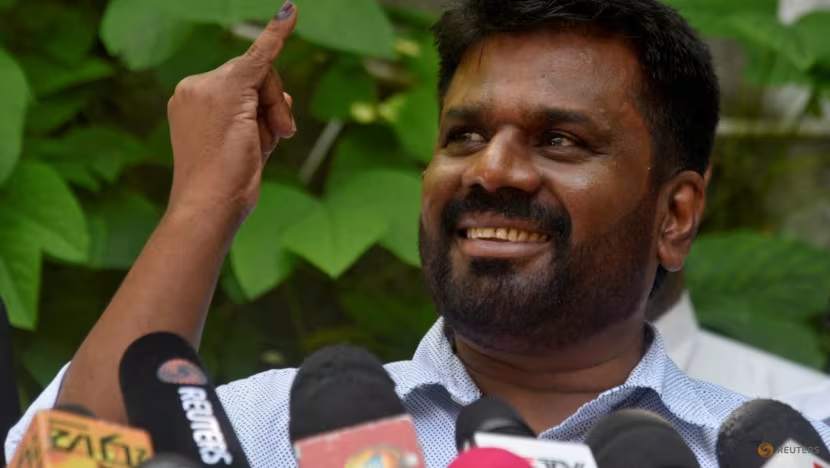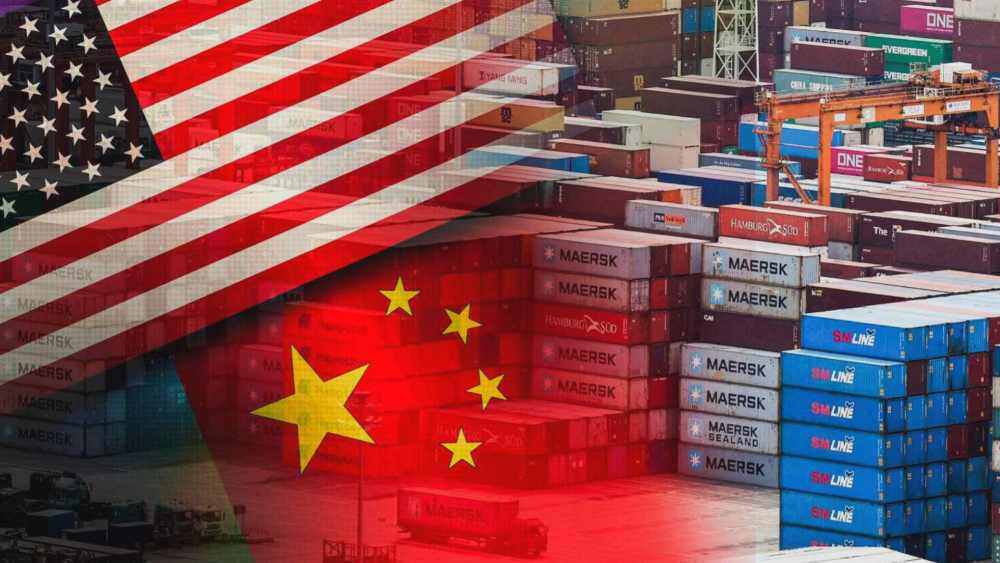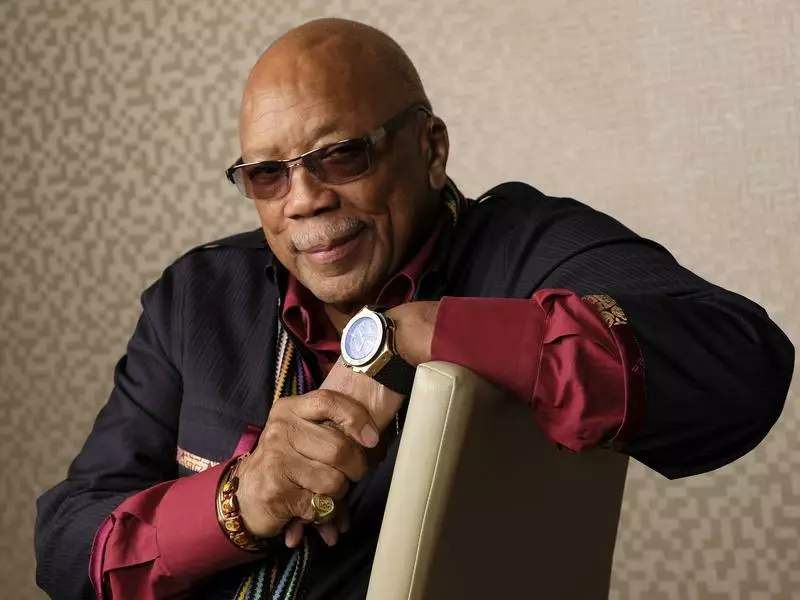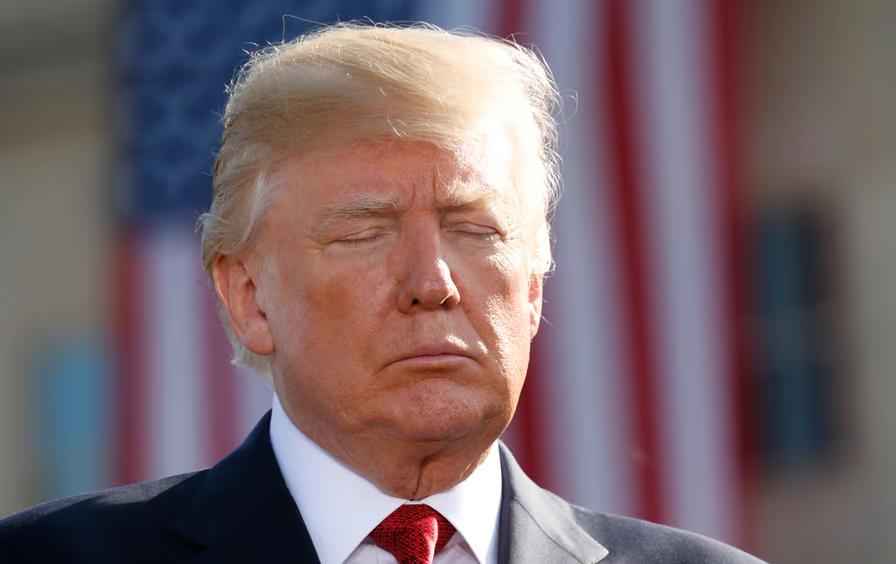Marxist Politician Anura Kumara Dissanayaka is Likely Set to Be Sri Lanka’s Next President
Sep 22, 2024 / GMT+6
Anura Kumara Dissanayaka, a Marxist politician, is likely to become Sri Lanka’s next leader after a presidential vote that shows people are unhappy with the economy.
More topics for you...This topic continues below.
China reports record $1.2 trillion trade surplus for 2025, defying Trump's tariffs.
On September 22, Sri Lanka had a presidential election that showed a clear winner. Anura Kumara Dissanayaka, a politician known for his Marxist views, was leading the race.
This election happened during a tough time for the country, which is facing a big money problem.
As the votes were counted, Dissanayaka had about 52 percent of the votes, with over a million votes counted. His closest rival, Sajith Premadasa, the leader of the opposition, had only 23.3 percent. The current president, Ranil Wickremesinghe, was far behind with about 16 percent of the votes.
Wickremesinghe took office during the height of the money crisis in 2022. He put in place strict rules to help fix the economy, as required by an International Monetary Fund (IMF) bailout.
Even though he was in third place, Wickremesinghe had not given up. An official announcement of the results was expected later on Sunday.
Foreign Minister Ali Sabry, who supported Wickremesinghe, admitted Dissanayaka’s lead on social media.
He said, “Though I heavily campaigned for President Ranil Wickremesinghe, the people of Sri Lanka have made their choice, and I fully respect their decision for Anura Kumara Dissanayaka.”
The election saw a high turnout, with about 76 percent of Sri Lanka’s 17.1 million eligible voters casting their ballots. Dissanayaka’s Marxist party has a complicated history. In the 1970s and 1980s, it led two failed uprisings that caused more than 80,000 deaths. In the last parliamentary elections in 2020, it got less than 4 percent of the votes.
However, the ongoing crisis has allowed Dissanayaka to gain support. He promised to change what he called the "bad" political culture of the country. After voting on Saturday, he said, “Our country needs a new way of doing politics.”
Austerity Measures and Public Discontent
Wickremesinghe aimed for re-election to keep his strict economic measures going. These measures helped calm the economy and ended long months of shortages of food, fuel, and medicine.
His presidency calmed the protests that started when people were unhappy with the previous president, Gotabaya Rajapaksa. Rajapaksa left the country and resigned because of the protests.
Even with these changes, many people in Sri Lanka are still having a hard time. Wickremesinghe’s tax increases and other actions, part of the $2.9 billion IMF bailout, left many families struggling to get by.
Dissanayaka’s campaign included plans to change the terms of the IMF help, which was needed after the government failed to pay back its loans.
The money problems were the main focus of the eight-week campaign, with many people showing anger over their struggles since the crisis began two years ago.
Official numbers showed that Sri Lanka’s poverty rate doubled from 2021 to 2022, affecting more than 2.5 million people. This meant many people now live on less than $3.65 a day.
Election Day Safety Measures
On election day, many police officers were sent out to make sure voting was safe. The government also banned the sale of alcohol.
A curfew that started after the polls closed was extended until midday on Sunday, even though police said there was no violence during the voting.
Celebrations for victory are not allowed until a week after the final results are announced. As the counting continues, many Sri Lankans are watching closely to see if Dissanayaka will officially be their new leader.







